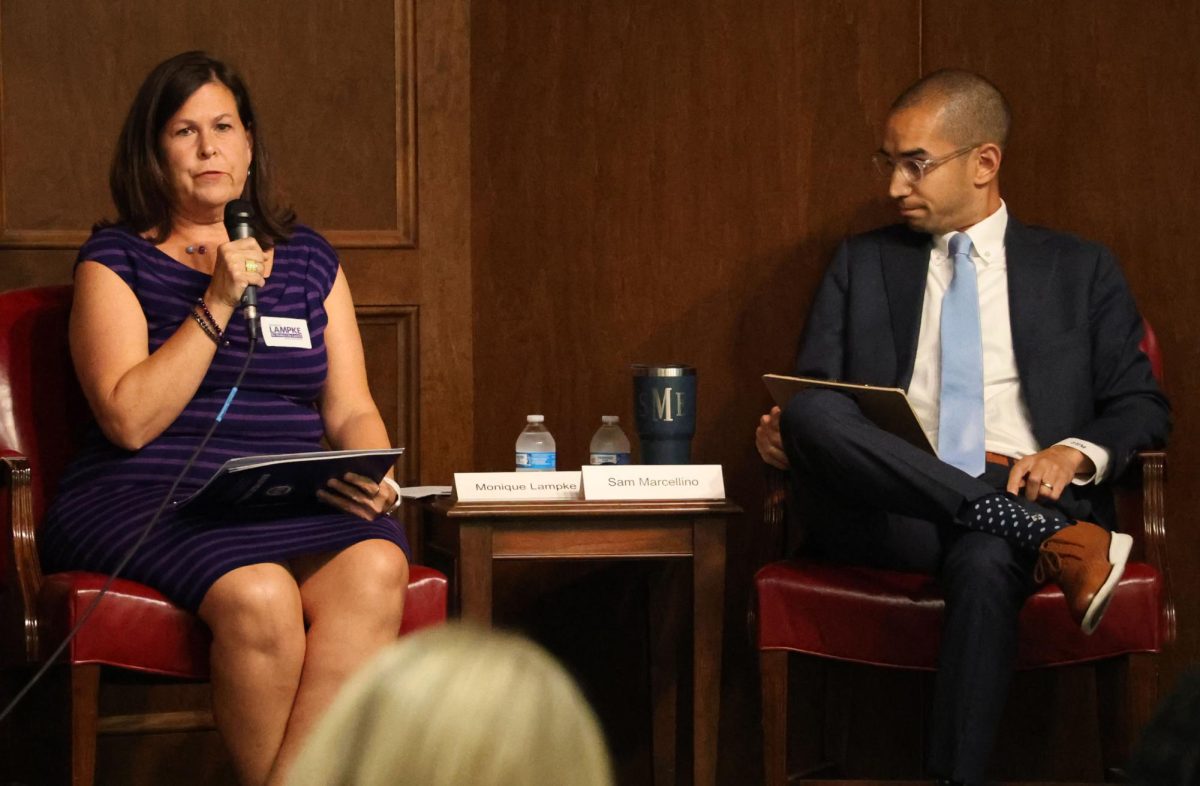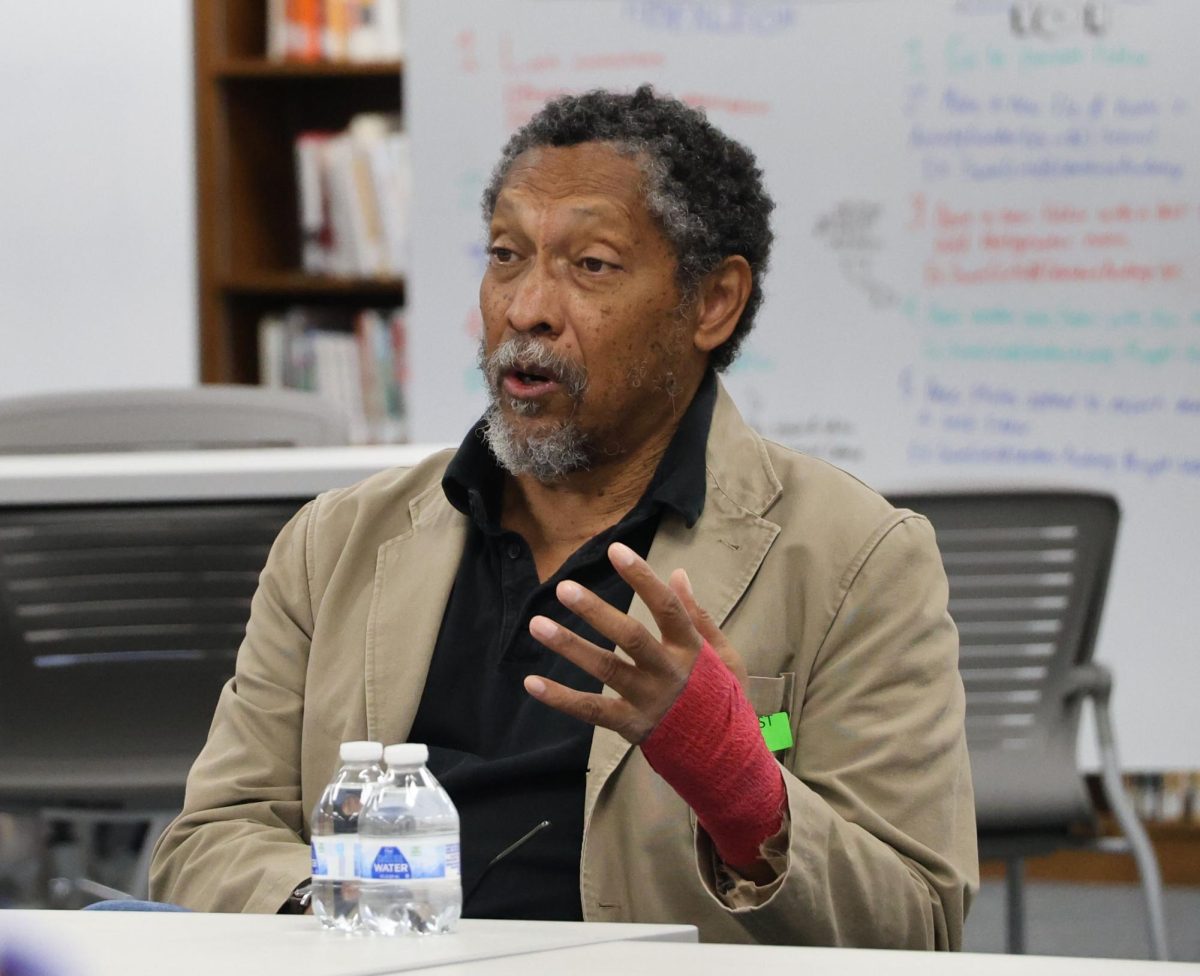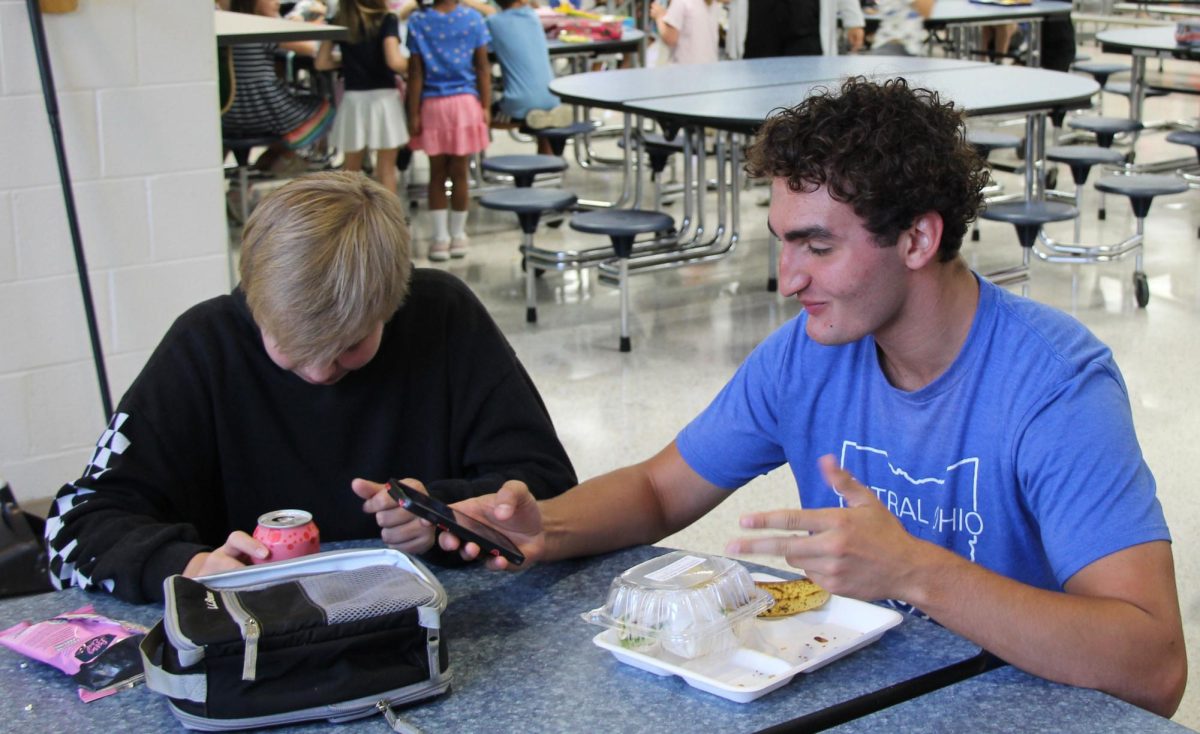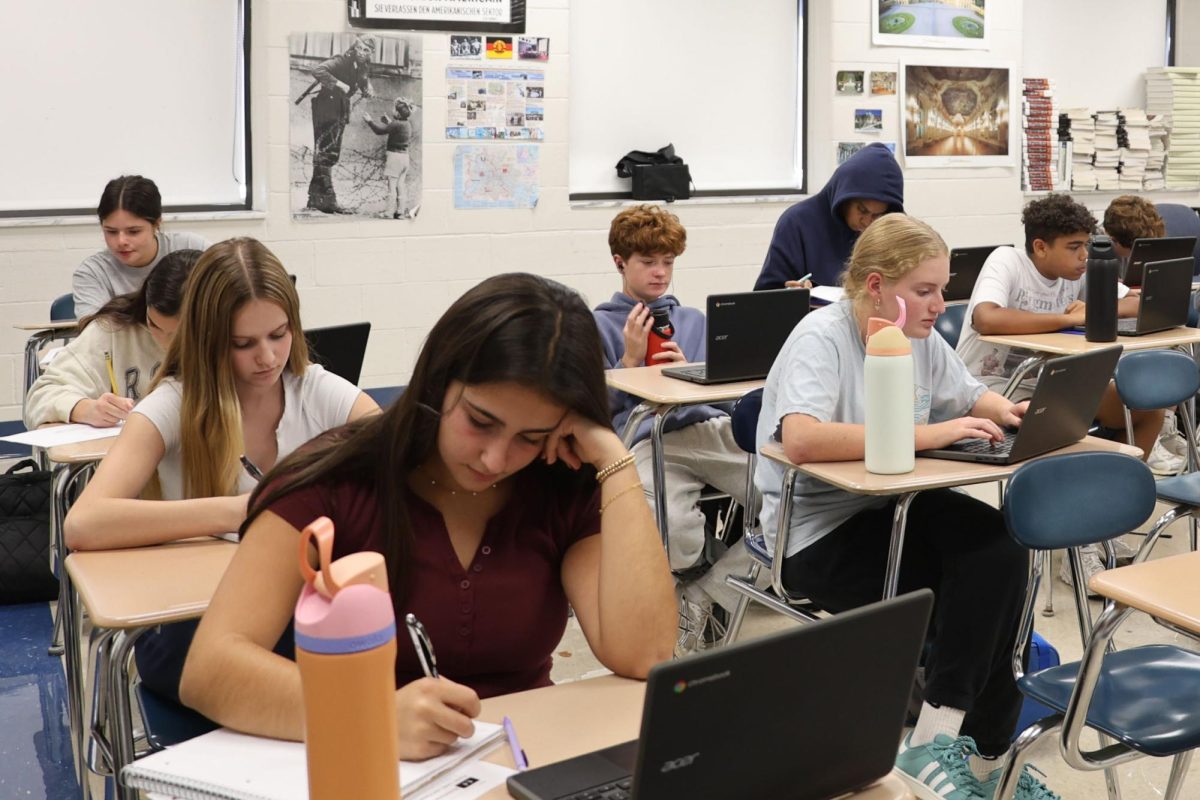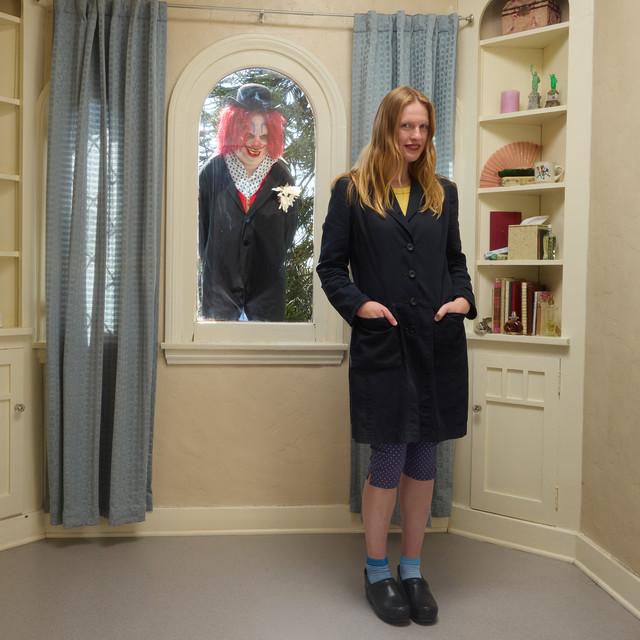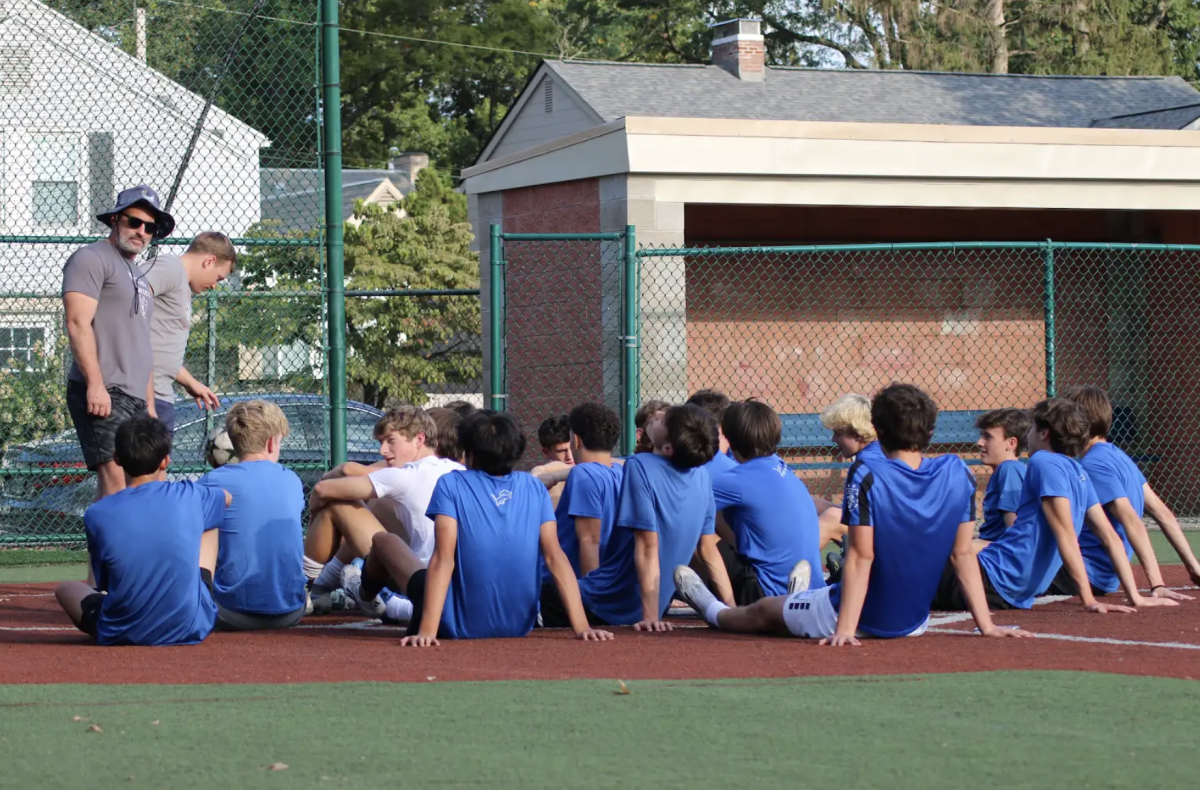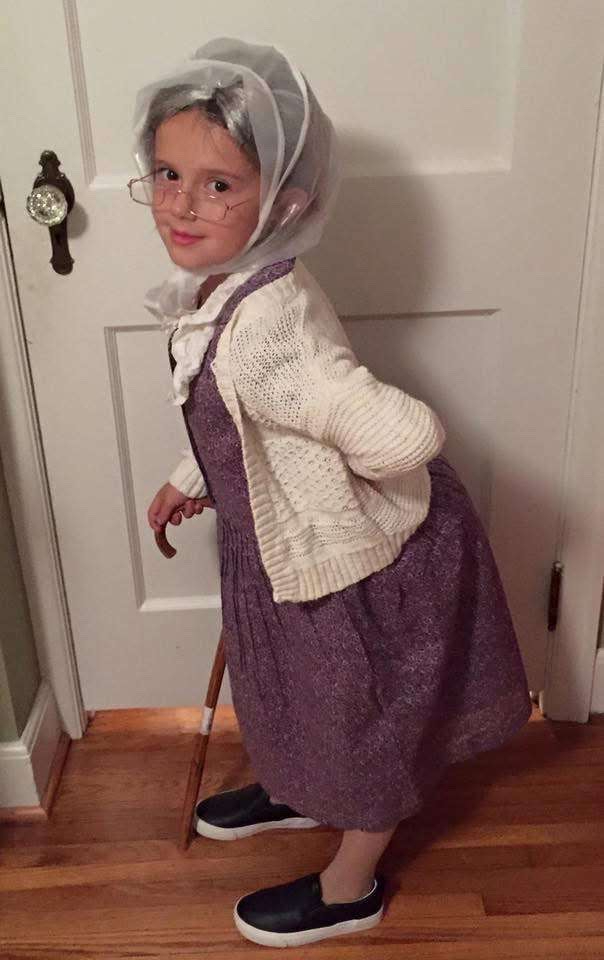Parents are responsible for teaching their kids lessons throughout life so they’ll grow up to be independent, successful adults. However, in an increasingly digital world, how should parents safely introduce access to social media?
According to the American Psychological Association, social media can help children develop social skills like good communication, but it’s important for parents to model healthy habits.
Bexley parent Suzanne Klingelhofer said she actively talks with her children about what they share online.
“We have a lot of discussions on what’s appropriate to post and what’s not,” she added. “I actually encourage them not to post, at least publicly.”
Bexley parent Jennifer Slagle’s only guideline for her daughter’s posts is they must be respectful and kind, she explained. However, she said she still wants to know who has access to their account.
“The rule in our house is you can’t be connected to someone on Snapchat unless you have personally met them,” she added.
Klingelhofer said she doesn’t use a screen time limit because she believes her children are responsible enough to create their own guidelines.
“Our kids set what they think is reasonable for them around their schedules,” she explained. “We take the phones at 10:00 p.m.”
Similarly, Bexley parent Lanier Holt said his daughters are allowed to create their own schedules. They don’t have a lot of free time to spend online
because of their rigorous course loads, he explained.
Klingelhofer has children in middle school, high school and college, she said. Because they don’t live together, she uses tracking apps to ensure they’re safe, she added.
“[The location] has to be on for all my kids’ phones, especially as long as I’m still paying for the phone,” she explained. “If it gets turned off, then the phone becomes mine until they’re willing to keep it on.”
Holt said there are a variety of potential dangers lurking on the Internet. Due to these risks, he said he believes it’s okay for parents to monitor their children’s activity online.
“There’s all sorts of weirdos out there,” Holt explained. “It’s amazing how many people are actually looking for kids.”
Social media can negatively impact children’s mental health and perception of themselves, Klingelhofer added.
“I think it’s consuming, and the kids get addicted to it,” she said. “They can get really caught up in it, and it actually can hurt their confidence.”
Holt said social media posts don’t always portray things realistically.
“You’ll see some guy or girl with the perfect photo,” he explained. “This person looks unbelievable. Well, they took 75 pictures to get that one.”
Hiding behind a screen gives people the confidence to post
hateful comments, Holt said.
“With social media, you can say whatever you want and the person will never find you,” he added. “In real life, if you say some of the things you say on social media, someone would’ve punched you in the face.”

